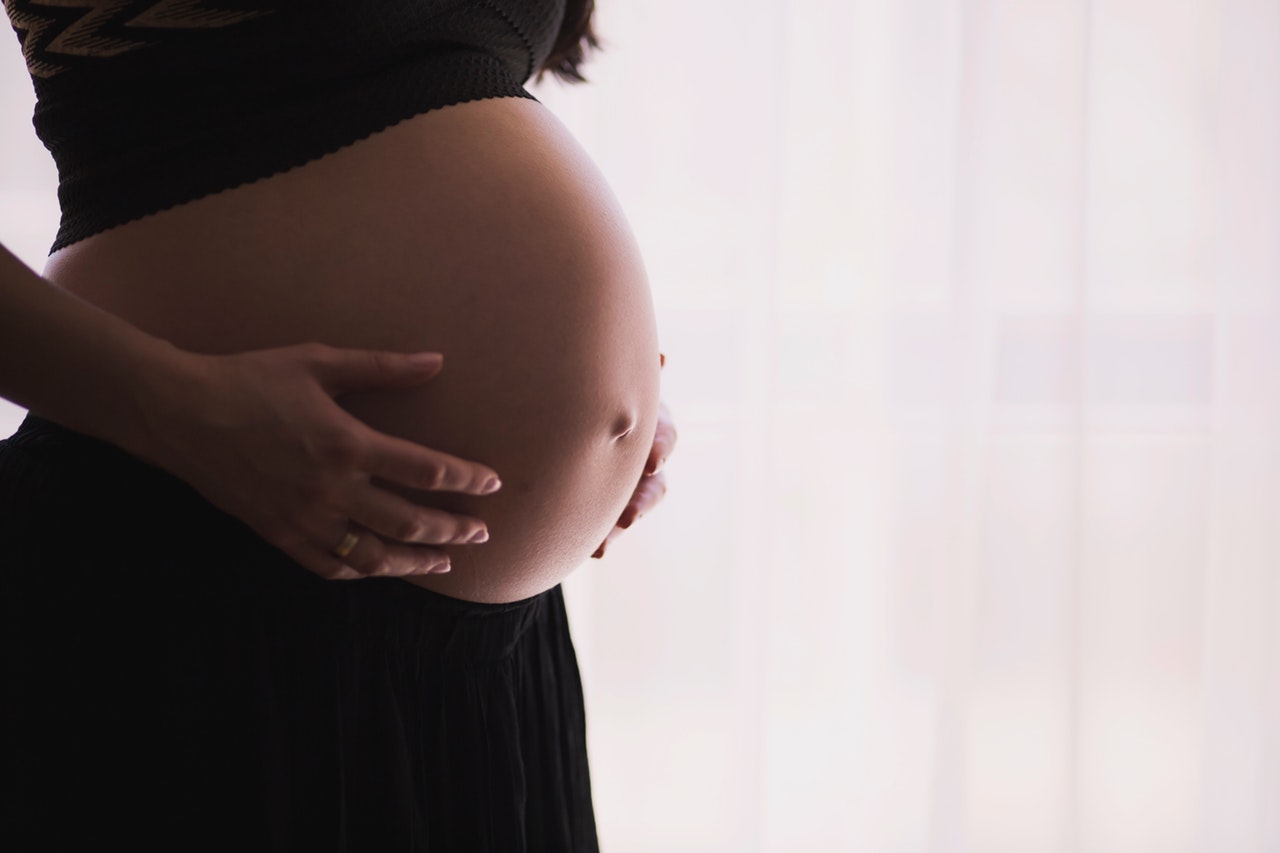In the UK, Group B Streptococcus (GBS) is the leading cause of bacterial meningitis in newborn babies. Around a quarter of pregnant women carry GBS bacteria, and it can be transmitted from mother to baby during or before birth, but routine screening for GBS is not currently available in the UK. At our Meningitis & Septicaemia Conference in 2019, Dr Kate Walker presented the upcoming UK trial of routine screening for GBS in late pregnancy; the GBS3 trial. Here, she explains more.
What is Group B Streptococcus?
Group B Streptococcus (GBS), is carried by one in four pregnant women in the gut and genital tract. GBS rarely causes symptoms in adults but around a third of colonised women will transmit the bacteria to her child, either by bacteria ascending from the maternal genital tract during pregnancy or labour. Of those babies who are colonised, the vast majority will remain asymptomatic but 3% will develop early-onset GBS (EOGBS) infection. EOGBS infection affects 1 per 1750 births in the UK (517 babies per year) and tends to be associated with pneumonia, meningitis and sepsis. GBS is the most common proven cause of early-onset infection in the UK. One study has estimated that in the UK EOGBS infection causes more than 10 neonatal deaths and around 30-54 cases of long-term disability every year.
Epidemiological studies have suggested that various factors present at the time of birth are associated with the baby having an increased risk of developing GBS disease, presenting as either an early or late onset infection. UK practice since 2003 has been to offer antibiotics to the mother in labour when the baby is at higher risk of developing the infection. Giving intravenous antibiotic prophylaxis (IAP) to mothers who are known to be colonised with GBS has been shown to substantially reduce the risk of babies developing EOGBS infection.

Are there any problems with this approach?
This approach is imperfect: some babies are missed and many women with risk factors do not carry GBS but receive antibiotics unnecessarily.
Antibiotics may cause short term complications for the mother (anaphylaxis, medicalisation of labour) or baby, although data on the incidence of adverse events from IAP is limited. Although there are concerns about antimicrobial resistance both for the individual and the wider population, the overwhelming majority of GBS strains are susceptible to penicillin.
Why doesn't the UK already routinely test pregnant women for GBS?
Universal testing for GBS is undertaken in most developed countries and has been attributed to the reduction in EOGBS disease in those countries. The corresponding incidence in 2014-5 in the UK is 0.57/1000 births, a significant increase since previous surveillance undertaken in 2000 (0.48/1000) despite the introduction of a national risk-based prevention strategy in 2003.
The UK National Screening Committee (NSC) recommends “not to screen for maternal GBS carriage in the general population” due to the absence of randomised data on either its effectiveness or cost-effectiveness.
What will this new trial involve?
The GBS3 trial is a two arm, cluster randomised trial to determine the clinical and cost-effectiveness of testing for Group B Streptococcus in late pregnancy in the UK. It will involve 320,000 women from up to 80 maternity units in England, Scotland and Wales. Recruitment will take 2 years and will start in spring 2020. The study is sponsored by the University of Nottingham and funded by the NIHR HTA programme.
The GBS3 trial will be the first randomised trial of routine GBS testing in late pregnancy ever done and will guide UK practice.
- Dr Kate F Walker, Clinical Assistant Professor in Obstetrics and Gynaecology, University of Nottingham
- Professor Jane Daniels, Professor of Clinical Trials, University of Nottingham